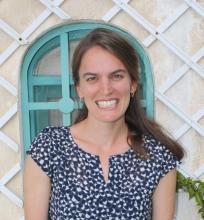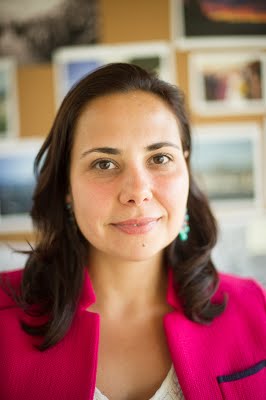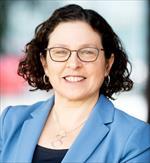"Hospital Productivity and the Misallocation of Healthcare Inputs"
Abstract: There is growing evidence for wide variation in total factor productivity across hospitals, with large differences in risk-adjusted health outcomes as well as expenditures. In this paper, we consider the additional contribution of misallocation in input choices – the underuse of effective inputs and overuse of ineffective ones -- to explain why some hospitals get better outcomes at lower cost. The sample is of 1.7 million patients in the Medicare fee-for-service population with acute myocardial infarction (AMI), or heart attacks, during 2007-17. The problem of confounding health factors is addressed in several ways, including the use of tourists, whose assignment to hospitals resembles random assignment (Doyle, 2011), and ZIP-code fixed effects. Briefly, we find strong evidence for input misallocation across hospitals; greater use of highly effective inputs, such as beta blocker, statin, and ACE/ARB drug treatments, primary care support, and stenting are predictive of highly-productive hospitals, while an excess of multiple physicians, scans, and potentially fraudulent excess home health care billings are predictive of low-productivity hospitals.
Co-Sponsored with the Dept. of Economics









